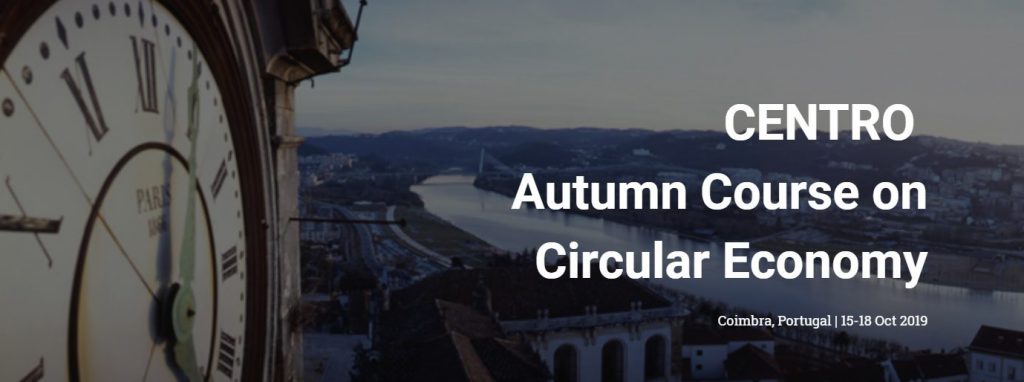Array
Array
Array
Array
Array
Array
Array
Array
Array

EU Circular Economy Action Plan
The European Commission has adopted a new Circular Economy Action Plan – one of the main blocks of the European Green Deal, Europe’s new agenda for sustainable growth. See here the full Communication from the Commission: https://eur-lex.europa.eu/legal-content/EN/TXT/?uri=COM:2020:98:FIN.

CENTRO Autumn Course on Circular Economy
Comissão de Coordenação e Desenvolvimento Regional do Centro (CCDRC) organised, together with the Institute for Interdisciplinary Research of the University of Coimbra (IIIUC) and with the support from the Dutch Ministry for Infrastructures and Water Management (Rijkswaterstaat) and Instituto Pedro Nunes, an Autumn Course on Circular Economy (http://autumncourse.ccdrc.pt/), with the main goal of sharing knowledge and disseminate good practices about the many thematics underlying the concept of Circular Economy. This Course took place from October 15 to 18, at the facilities of the University of Coimbra and Instituto Pedro Nunes.
